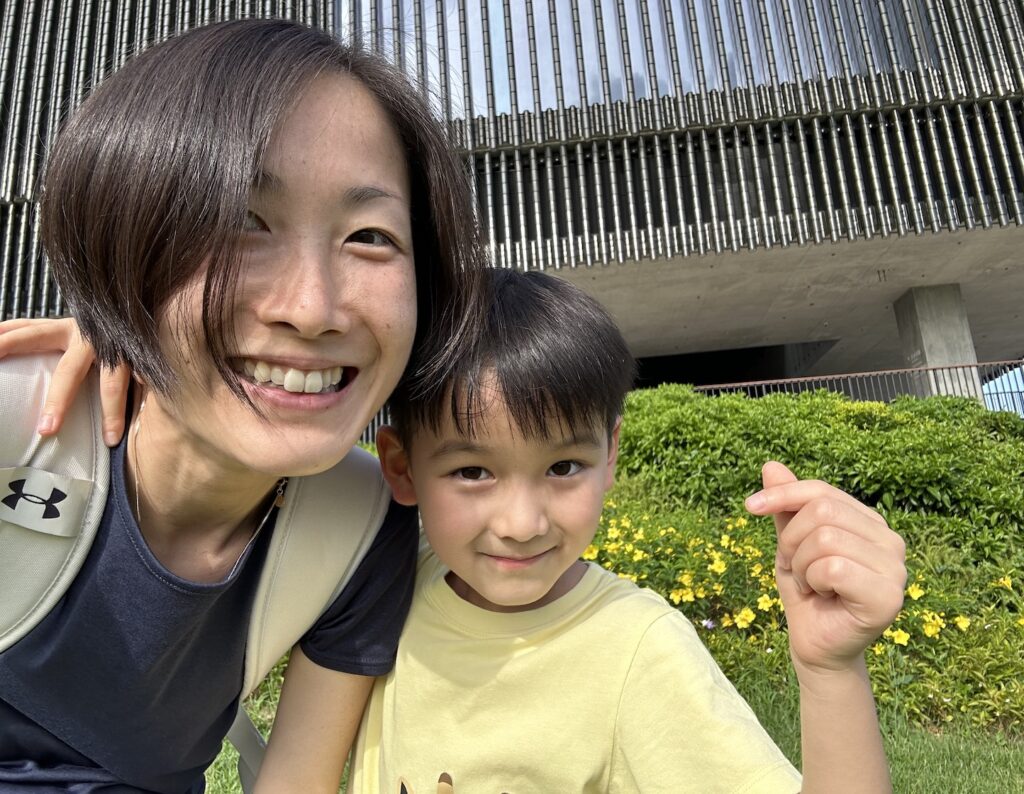
When you have a child with autism, you need to be prepared for anything! You can expect snide comments, uncontrollable tantrums and plenty of moments when all logic fails. What will leave you speechless though is the unexpected kindness from strangers and the incredible support from Hong Kong’s social welfare sector.
I always thought my son was different, even as a small child. Everyone said he was cute and handsome and that made me a very proud mum. So, when signs appeared that bringing him up would take me on a rather unexpected parenting journey, I have to admit I initially went into denial.
The Early Signs Of Autism

One of the first signs was his decision to take a drawing of a red circle to school instead of stuffed toys, cars or dinosaurs like his other schoolmates. My baby hung onto a red circle, and he broke down whenever he didn’t have it. Weird. But I didn’t think it could indicate anything else.
Another was when he didn’t look at people in the eye. I’m not just talking about not paying attention (so many kids do that when distracted!), but actively averting his gaze. Hmmm… Even weirder, I thought. But still, nothing rang any alarm bells. Then finally, his parrot talking. I remember how amazed we were when he first started saying his first words – he was all of four months old. It started as babbling, then a few letters and he would repeat letters over and over. Then it was proper words, but again he slowly seemed to be just repeating them. And how he repeated words! He repeated them even after he had finished his sentence. Now that’s weird. His stubbornness and meltdowns at peculiar times for the most peculiar reasons challenged my understanding and patience like never before.
For the longest time, I tried to ignore those signs. Yeah, he’s different, I reasoned with myself, but don’t they say kids go through different stages? I think the reality only struck me when I was observing one of his classmates in his kindergarten. As an unbiased and dispassionate observer, I knew that the little boy was definitely displaying signs of neuro-divergent behaviour. And I realised that my son displayed several of the same tendencies and behavioural patterns. That’s when the reality sank in.
Read More: The Stages Of Child Development And Signs To Watch Out For
Finding the resources to deal with autism in Hong Kong
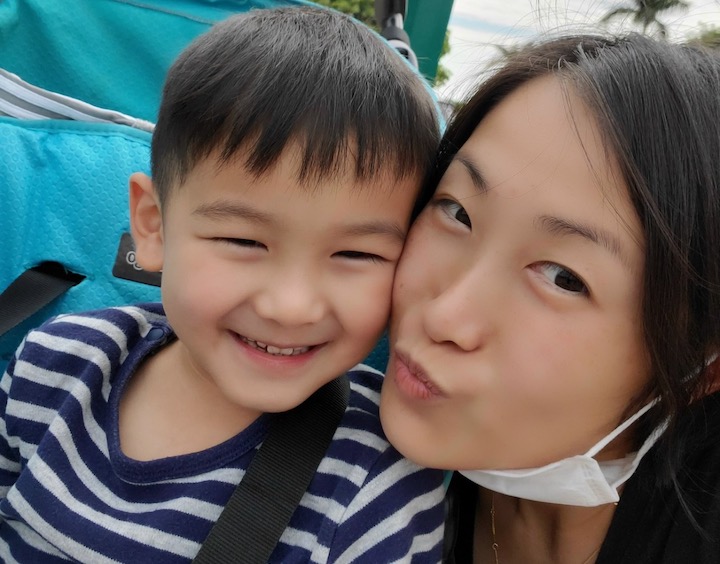
We started reaching out for help. Our first point was the mum of my son’s classmate. She recommended that we first see a child psychologist for evaluation at one of the more established organisations in Hong Kong dealing with special educational needs (SEN). There are many others but I cannot recommend Heep Hong Society enough! They put my son through an observation session and a test – he came back with the result of Asperger’s with ASD and ADHD. I was devastated.
Now what? I had absolutely no idea of these social and developmental disabilities, and if I relied only on the internet, I would have drowned in an overload of information. Thank God for good friends, peers and my absolutely fabulous support system! I soon realised that my first port of call should be the Hong Kong government’s social welfare organisations.
So that’s what I did. The first place I went to was the social welfare department of Hong Kong. They helped me open a personal file for my son and directed me to Alice Nethersole Hospital. After officially registering under Hong Kong’s social welfare system, psychiatrists, nurses and medication became accessible to us through the Hong Kong government.
The team working with my son also notified his school. My son was placed on what they call the “O seat”, which is the On-site Pre-school Rehabilitation Services. It is subvented by the Social Welfare Department, and its aim is to provide outreach services to participating kindergartens. So, my son continued to attend regular school and classes but also had a personal social worker, speech therapist and occupational therapist. They would periodically visit his school and pull him out of classes for training sessions including concentration exercises and speech therapy – all for free! I cannot stress enough just how grateful I am for this and I wish more parents knew how much government support is available for families struggling with a diagnosis of social, neurological and developmental disorders.
Read More: SEN Resources In Hong Kong: Schools, Rehab And Support For Special Educational Needs
“Autism is not a processing error. It’s a different operating system.” – Sarah Hendrickx
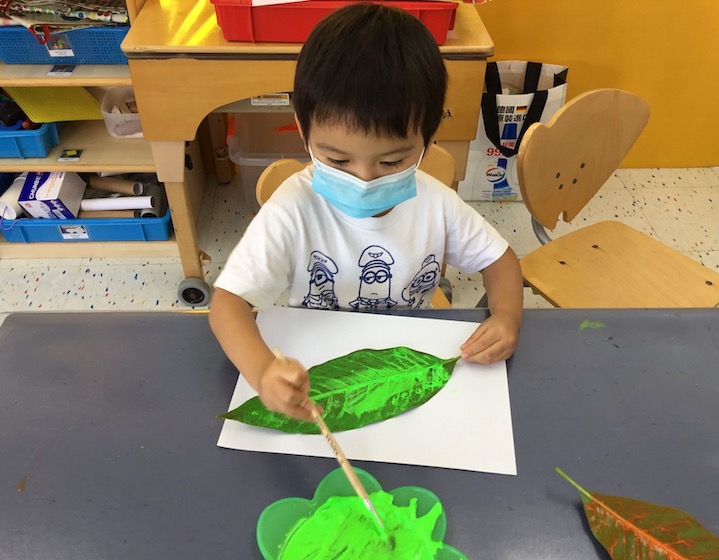
This early intervention has made a huge difference! Thanks to the wonderful work of his therapists, my son is now adapting to his normal primary school and has a relatively normal school life, for the most part.
Every now and then, he has to go to the hospital for checkups. We do anticipate (and have been told) that as he grows older, there will be other behavioural problems that will need attention. He was recently prescribed Ritalin – a drug that will supposedly enhance his concentration (this is free of charge as well). I feel confident that I can deal with any future problems as they appear.
Read More: Natural Remedies For Longer Attention In Toddlers
Dealing With Society And The “No Understanding” Moments Of An Autistic Child
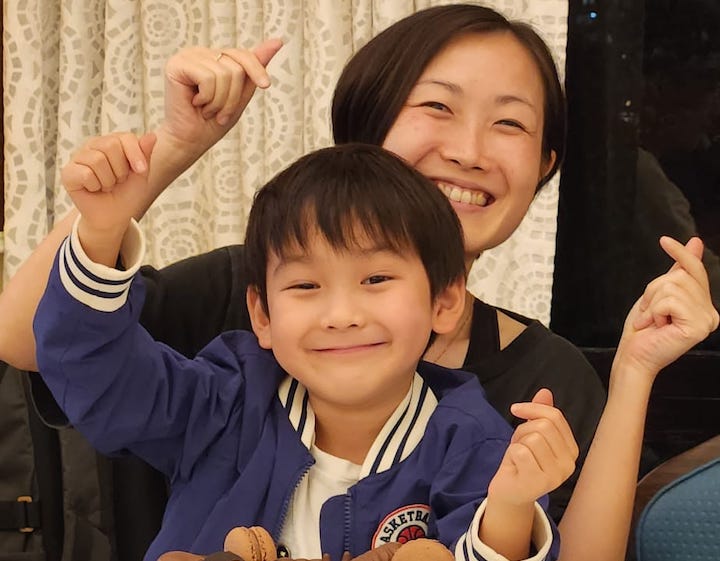
Honestly, coping with a child who is on the spectrum is a big challenge. Especially when he seems so “normal” at times. But now and then, “no understanding” moments (as I like to call them) creep in. Here’s an example: we were on a train some time ago and he started singing. I shushed him, but he didn’t stop singing. I tried reasoning with him and pointed out that he might be bothering people. Most kids his age would stop when they realise that they are being troublesome, but not him! He just looked at me incredulously and asked, “Then why is the station broadcast so loud? Why can’t I match that volume?” Now, you probably get what I mean by his “no understanding” moments. He just cannot follow social mores.
It’s also really brutal to get him to try new stuff. Some time ago, I was urging him to climb up the monkey bars, which I knew he was capable of. As usual, he refused. I continued encouraging him, determined not to give up. Then I heard it. “See the crazy mums these days? It must be a pain being her child! That’s such bad parenting – why can’t she just leave him alone?”
I had tried to ignore comments before, but I had had too much by then. I was close to blowing my top when I felt a small pat on my back. Another mum whispered to me, “Don’t worry, I’ve been through this. You are doing fine.” Those words switched off my anger and tears started flowing on the spot.
Read More: 5 Easy Ways To Teach Your Kids To Be Kind
“I never planned to be a special needs mom, but I’m glad fate chose me.” – Anonymous
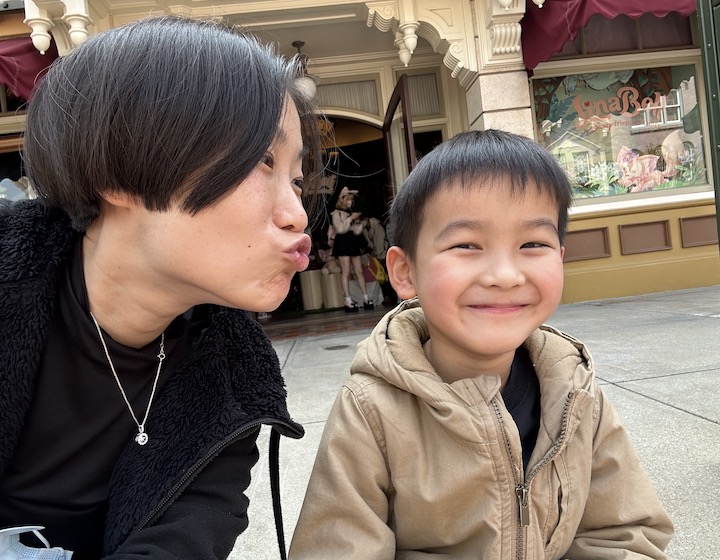
The little words of encouragement, the small gestures of kindness and an empathetic understanding that I can be “not okay” make all the difference. Parenting is always difficult, but when it involves raising a child on the autistic spectrum, it can be even more of a challenge. It’s essential to acknowledge the difficulties and allow yourself to know you aren’t a bad parent. Actually, scratch that! Sometimes, you are a bad parent, but that’s fine too! After all, we are all human and we will make mistakes.
I completely believe that it takes a village to raise a child. Accept help. Find your support group. And once you find it, take all the support you are offered, whenever you can, without the guilt. Always remember there are no wrong decisions, sometimes the right decision is just a moment away, waiting to be made at the right time. Most importantly, autism or not, a happy mum means a happy kid. Embrace your happiness and watch it flow to your child. Good luck, everyone!
Read More: 10 Tips For Better Parenting – Why It Begins With Self-Care
 View All
View All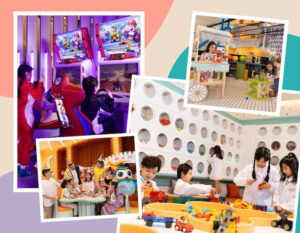










 View All
View All





 View All
View All


 View All
View All
















